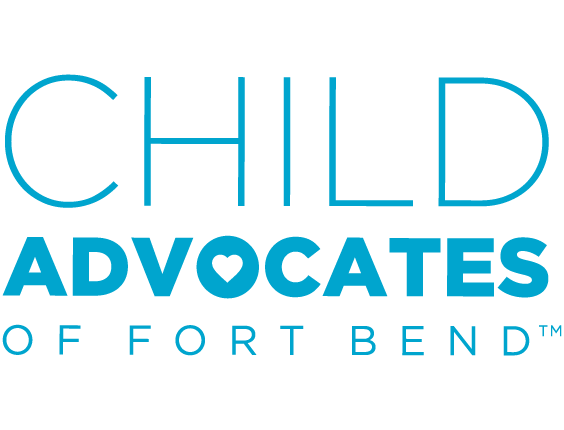Checking in with your mental health
On October 10, World Mental Health Day is celebrated as part of a World Health Organization campaign yearly to bring awareness & support surrounding mental health.
Mental Health is something we all have and it affects us throughout every stage of our life. Mental Health is defined as, “your emotional, psychological, and social well-being” (Mental Health, 2020). Being able to realize that you may need help getting back to a normal and healthy functioning life is not something to ever be ashamed of. In fact, reaching out for help is a sign of strength.
2020 has been a difficult year for many people. Both adults and children have been facing a myriad of challenges, including but not limited to, increased isolation from loved ones, fear and anxiety about the future, and grieving the loss of normalcy. According to a CDC survey’s results released in August, there was a 30% increase in adults reporting symptoms of anxiety and depression (Czeisler, Et. Al, 2020). It’s important to note that experiencing emotions like sadness, anxiety and fear are normal responses to different events, and offer feedback about how one processes whatever that is going on. When these feelings become so intense that they begin taking over one’s sleep or concentration, it is the best time to seek help from a mental health professional.
Here are some signs that it is time to check in with your mental health:
Not feeling like yourself
- You have persistent thoughts, feelings or emotions that are starting to get out of control. Is your anxiety limiting your job/school performance? Is it becoming difficult to go through a whole day without feeling weighed down by your sadness?
- Your sleeping patterns have changed. You might be sleeping more, having trouble staying asleep through the night or not being able to sleep more than a few hours.
- Changes in your eating habit. The loss of your appetite can sometimes stem from a general lack of pleasure, but emotional eating caused by an increased appetite can also occur. Both changes are important.
- You’re using alcohol/drugs to cope or self-medicate
Others are noticing
- Friends and family members are starting to voice their concerns about you. The close people in your life might be able to notice changes in your behavior more than you.
You don’t enjoy the hobbies & activities you did before
- Anhedonia is the scientific term for that feeling, “the inability to gain pleasure from normally pleasurable experiences” (ScienceDirect, 2004).
- Did you go from reading 4 books a month to not being able to read past a paragraph, or maybe you loved playing football every day, but don’t find leaving your house appealing anymore. It might take double the effort to be able to concentrate and focus on things you generally enjoyed before.
Everything hurts
- Sometimes mental health issues can convert into physical symptoms. You might notice an increase in stomachaches, headaches, nausea or overall fatigue.
- As always, it’s important to check in with your physician to rule out any medical issues
You’re experiencing a painful life change
- You have lost someone close to you, experienced career changes, miscarriage, divorce, recent diagnosis of an illness etc.
- You have experienced a traumatic event in your life
Feeling like you do not have a reason to live anymore
- You’re having thoughts about death or feeling hopeless about life
- If you’re having thoughts about hurting yourself, it’s important to reach out for help immediately.
- The National Suicide Prevention Lifeline 800-273-8255
- Texana 1-800-633-5686 (Fort Bend Co.)
- Crisis Hotline 832.416.1177, 832.416.1199 Teens (Harris Co.)
Seeking help
Questioning yourself about whether or not you should seek help from a mental health professional is the biggest sign that you should. These are just some signs and symptoms that people may experience.
When seeking out mental health professionals, including therapists and psychiatrists, an important place to look is to your PCP for referrals. You can also use some websites to find professionals who specialize in certain issues you might be experiencing. Here are some useful sites:
https://www.psychologytoday.com/us
https://mentalhealthmatch.com/
Amna Ahmed, LMSW
